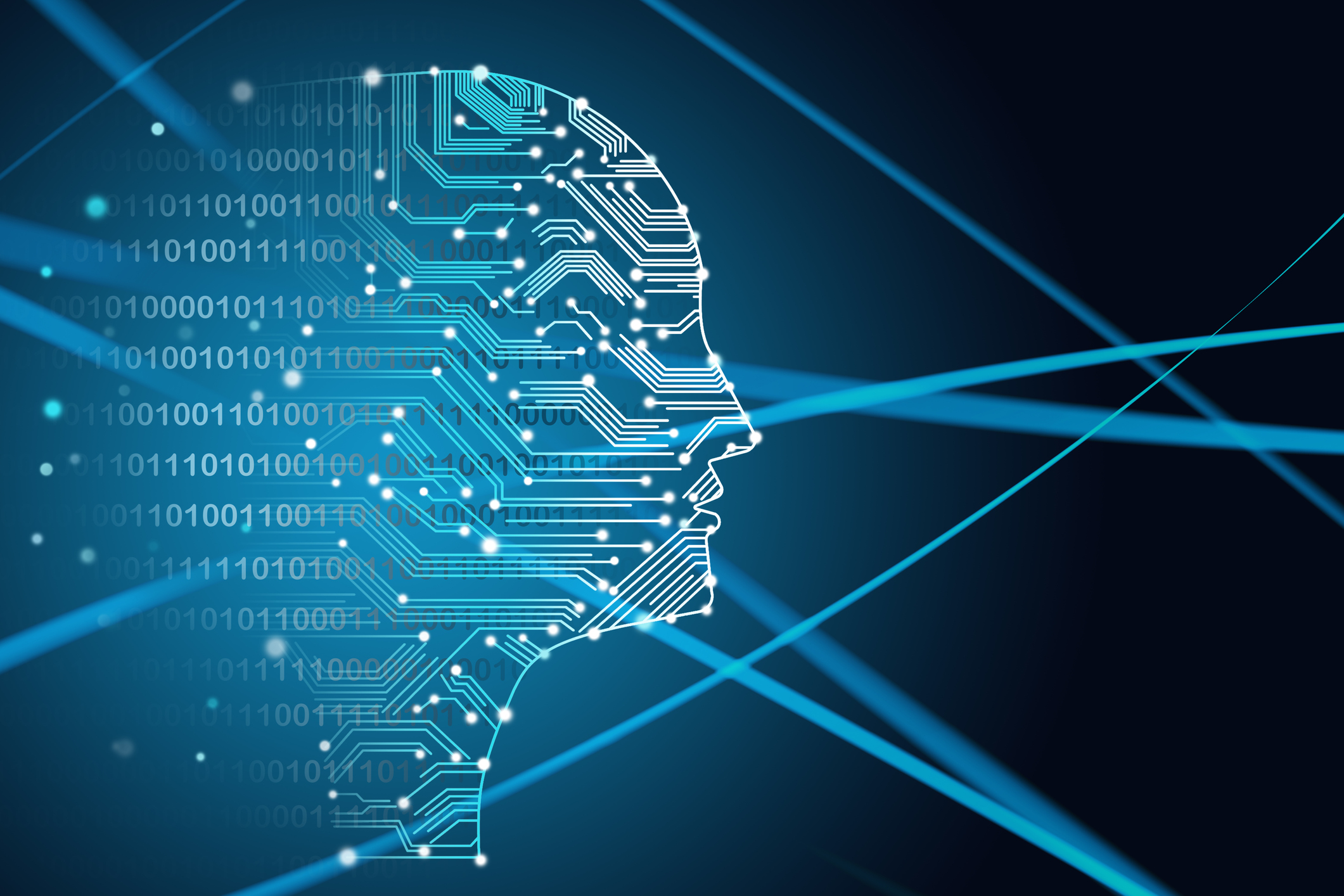
Artificial Intelligence (AI) and Machine Learning (ML) have both become integral parts within the world of DevOps because of their ability to help developers break free from the chains of manual labor. DevOps is all about breaking down siloed developmental walls, and there is no doubt that AI and ML can help teams achieve their goal. With the combination of both these practices, efficiency and productivity can be further enhanced by providing additional performance to businesses.
How will Artificial Intelligence and Machine Learning Drive DevOps in the Future?
AI and ML are undoubtedly the best ways to drive efficiency and growth within processes; however, they do come with their own set of problems. The idea behind the implementation of these practices is to help organizations achieve their targets; however, what’s difficult is the fact that the application of the technologies into a company’s workflow might not be as easy as it seems.
To get AL and ML up and running within your business, you’ll need creative developers, who are well versed with the nuances of the two practices. Given this knowledge, it might be preferred to state upfront that the implementation of AI and ML will initially be quite a tedious task and that the learning curve would be slower than usual.
The above does not negate the fact that DevOps developers can still gain a lot of traction by adopting the essential features of Artificial Intelligence and Machine Learning within their day to day functions.
Through the successful implementation of AI and ML, management can expect to make rapid decisions, which can significantly benefit the business and further lead to improved profitability within the company.
To add a futuristic touch to the world of DevOps, AI and ML can help manage large volumes of data and solve computational problems. AI will eventually become the sole driver to assess, compute, and ease decision making within DevOps environments.
What is Artificial Intelligence’s Influence on DevOps?
Artificial Intelligence is the changing face of DevOps; it can change the way DevOps teams develop their tools, deliver their production goals, and deploy the changes within their functions. AI can mainly help developers improve an application’s efficiency, and enhance business operations.
To understand the influence of both practices, it’s best to summarize:
Improved Data Accessibility
Within the DevOps environment, data access is a big concern. However, this issue is addressed, when AI releases critical data from its formal storage place. Through the use of AI, data can be collected from different sources and made available in a single spot, which can then further be used for different types of analysis and production uses.
Greater Ease of Implementation
AI is all about self-implementing systems; this means, the transition of processes from human run systems to mechanical systems is seamless and smooth. When it comes to assessing human efficacy, one can understand how quickly system complexity is driven out.
Effective Use of Resources
Through the use of Artificial Intelligence, resources can be managed effectively, and judiciously, wherever needed.
How can Artificial Intelligence and Machine Learning be Applied to Optimize DevOps?
Organizations have come a long way, especially when it comes to technical transformations. DevOps and its implementation is no stranger to this concept. Couple the ideas of AI and ML with your organization’s technology hierarchy, and you can rest assured that you have a winning solution on your hands.
AL can also help create complex data pipelines which feed data into app development models. By the dawn of 2020, if predictions are to be believed, AI and ML will take the lead, and digital transformation will see the launch of a new technical era. However, like the two sides of a coin, even AI and ML don’t come without their own set of issues and drawbacks. To derive maximum benefit out of a DevOps structure, a customized DevOps stack is needed.
AI and ML, as futuristic concepts, have taken over the world of technology by storm. The combination of the two languages can go a long way in ensuring a steady ROI for an organization while enhancing the working of IT operations. Efficiency can take an all-new stage, and productivity can reach another level, if DevOps, AI, and ML can be fused together into one dependent model.
Also Read
The Effect of Artificial Intelligence on the Evolution of Technology
The Future of Machine Learning
How Artificial Intelligence Transforming Finance Industry
Artificial Intelligence to Make DevOps More Effective






